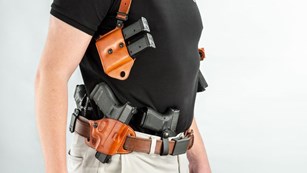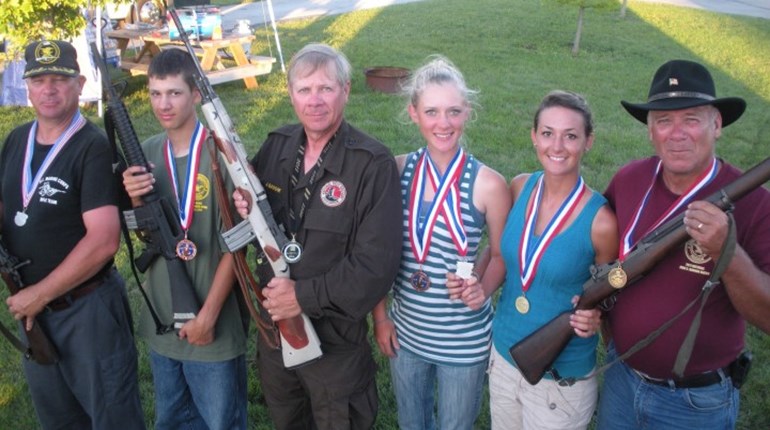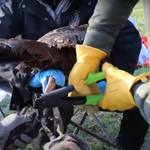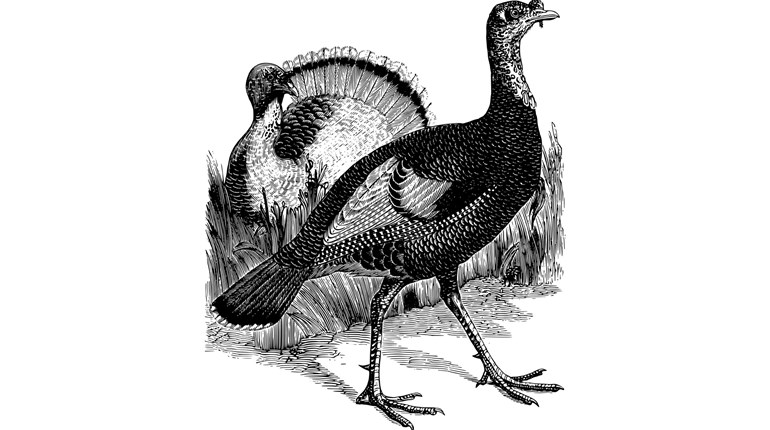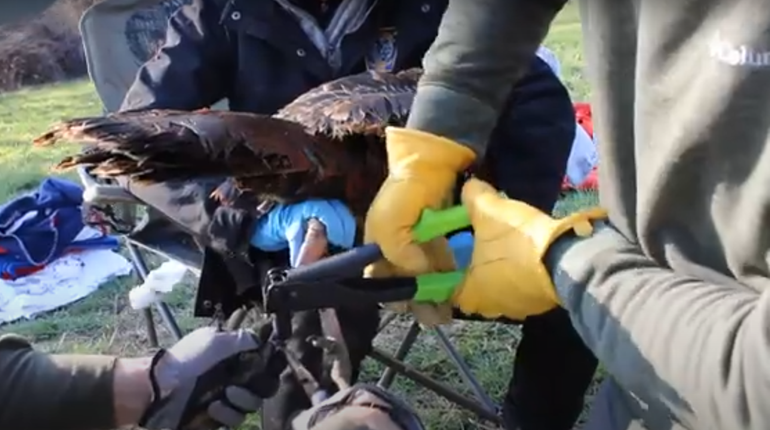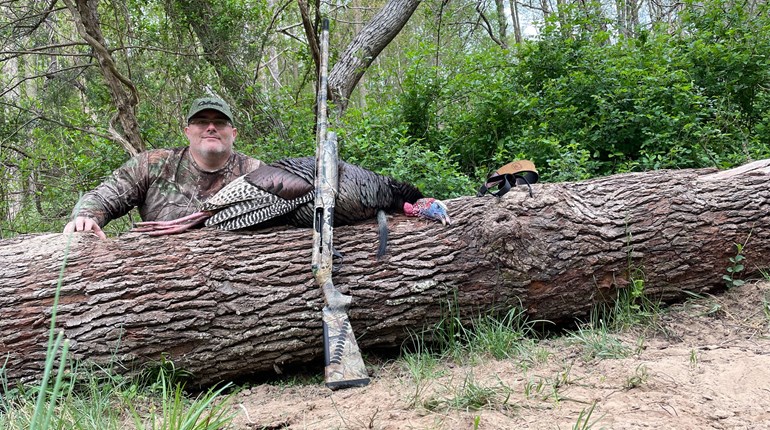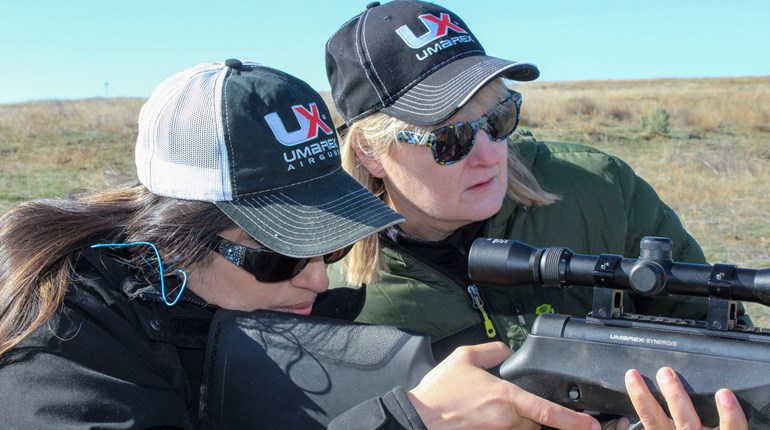
In shooting, each athlete tends to have “mountains and valleys.” You know what I’m talking about here: Your “mountains” are the times when you are shooting your best. You feel unstoppable, unmovable and at the top of your game. When you are on top of your mountain, you never want to stop shooting. You shoot every single chance you get. You dream about shooting, you are constantly thinking about shooting and you can’t wait to get that gun in your hands and feel the thrill of nailing another 10.9.
Then come the valleys. These are the times when nothing seems to be working in your favor. This is when you feel like you are the worst shooter on the planet, and every time you compete against someone “good” you feel intimidated, and even a little embarrassed at the fact you can’t shoot as well as everyone else around you. It is when you are in your valley that maybe you feel like you never want to shoot again, you just want to go home and go to bed.
I like what 1976 Olympic gold medalist Lanny Bassham said: “It doesn’t matter if you win or if you lose—until you lose.” Mountains are easy. When you are in the right place at the right time, and your position is perfect, no one can stop you. Your mental attitude is fantastic because you are shooting well. Physically, you feel better. How many of you walk off a shooting range with a 400/400 and feel depressed? Not very many people. You go home with a positive attitude, and say, “Hey, I can’t wait to do that again!” Winning is a fantastic feeling to have.
It’s the valleys that get you. I was told once that every single shooter goes through a valley at least once in their shooting career. When we are in a valley, our brains start to mess with our performance. You know you can shoot a 100 prone, but when you shoot a 9 your first or second shot, your mind butts in and tells you, “Well, you just shot a 9, there is no way you can shoot a 100 today, so now what are you going to do?” I see that as negative thinking. One of my favorite coaches once asked me this: If my friends talked to me the way I talk to myself, is there any way I would still be friends with them? That really got me thinking. If someone came up and told you what you tell yourself when you don’t perform as well as you would have liked, would you still be friends with them? The answer would be “no.” So why are we so hard on ourselves?
I have struggled practically all my life to impress other people, especially when it comes to impressing people who are important to me. I want to make them proud of me. I don’t want to disappoint anyone. I also don’t want to let myself down. I once told my father while going through one of my many valleys that I didn’t want to quit shooting. The truth was that I did want to quit, but I hated feeling that way.
I have had to deal with a “valley” period. There was a time that I could shoot a 96 in standing, no problem. I didn’t even have to think about it. My body and my mind knew what to do. I didn’t get stressed, I felt comfortable and I pretty much always came out of matches feeling pretty darn good about myself.
I don’t think there was any one event that kicked me off the mountaintop. I don’t think I just suddenly jumped off my cliff and way down into the valley below. I think I slowly, steadily started to slip. My first slide down the mountain was when I lost track of my short-term goals. I was doing so well that all I could see were the Olympics or shooting in college. I didn’t see the little details like how I could get my mental game just a little more in control. Or how I maybe needed to put the rifle down and reject shots a little more often. I think I was just so busy staring at the beautiful scenery around me, way off in the distance, that I failed to notice the groundwork beneath me was slowly giving way. I don’t think I noticed I was off my mountain until all of a sudden I looked and everyone else was above me.
Putting that into a match perspective, I think I finally realized something wasn’t right when I placed dead last in the second round of an American Legion Qualifier. That was my wake-up call. But instead of picking my backpack back up, tightening my hiking boots and starting to climb the mountain again, I panicked. I ran further away from the mountain, trying desperately to find something, anything that would get me back to the top. (I don’t know if you’ve noticed, but you can’t really climb a mountain when you are heading in the complete opposite direction.) I lost my mental game. This went on for months.
I didn’t want to disappoint my dad, who is also my coach. But after what seemed like failure after failure after failure to me, I finally sat down with him and told him how I was feeling. I ended up taking a short break from shooting, and on my first day back I shot two 96’s in the standing position. I was ecstatic. Two weeks later however, I was back to shooting 88’s. I have been in what I call “roller coaster mode” for the past 4 months. This is a combination of mountains and valleys. You shoot well...then you don’t shoot well. It can be extremely frustrating.
Right after a disappointing performance at the 2008 Junior Olympics, my father asked me if I wanted to apply for the NRA Advanced Rifle camp that was going to be held in Vermont around August. My answer was that I would think about it. What I wanted to tell him was “no,” because I didn’t want to go to this camp with some of the best shooters in the country and totally humiliate myself. After reading about it, I thought maybe I could learn a lot about the “mental game,” so I eventually applied for the camp. I got accepted, and I went and spent what has probably been the hardest week of my life, mentally. I would get up every morning at six o’clock (five o’clock my time) and go to bed at ten every night. It was nothing but shoot, shoot, shoot. I had a love/hate relationship with this camp. At the end of the day when my elbows were raw from shooting so much prone, it didn’t exactly make me think “Oh, let’s go do that again!” I was thinking something more along the lines of “Ow...wait, where is the bed again? How much sleep do I get? Hey, do you have any lotion for my elbows?” I learned so much at this camp though that I know it will take at least the next few months to just simply process it all. I’m not going to say that I went to this camp and discovered a brand-new love of shooting. What I did discover was that I can shoot seven and a half hours a day and still be functional. I learned what my breaking point is. Finally, I learned that your coach is really there to help. They say it all the time, but they really do mean it.
I’m still in the process of climbing my mountain. I’ve found I don’t like to tell people I’m in a valley, because then all I picture is a valley. So now I tell people that I am climbing my mountain. I may not be on top yet, and I may still slide every once and awhile, but the deciding factor as to whether I get to the peak or not is my attitude. And the way I look at it is this: Every time you fall, it teaches you to get back up. Every time you get back up, you’re less afraid of falling, because you know how to handle it.







